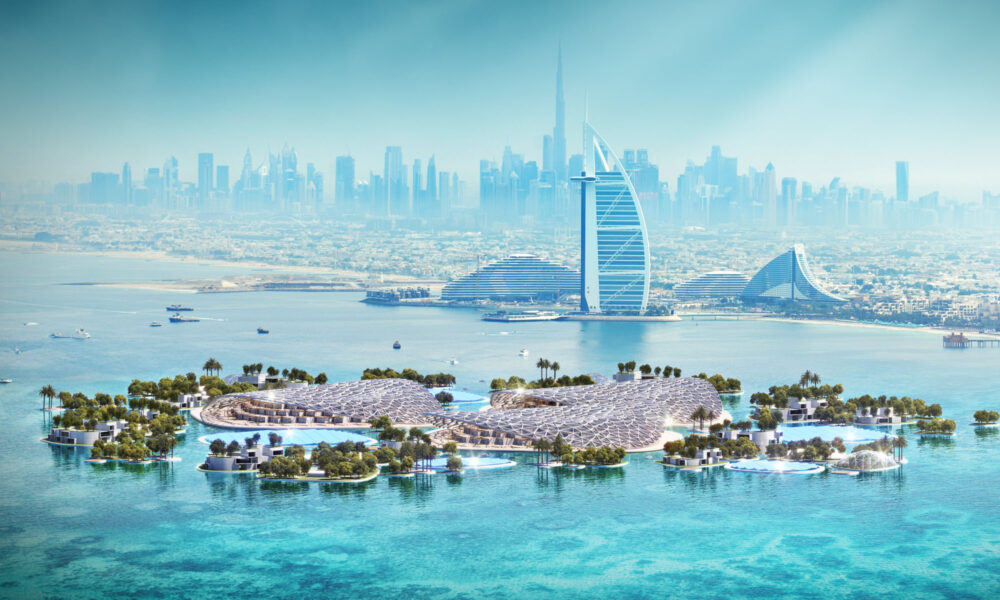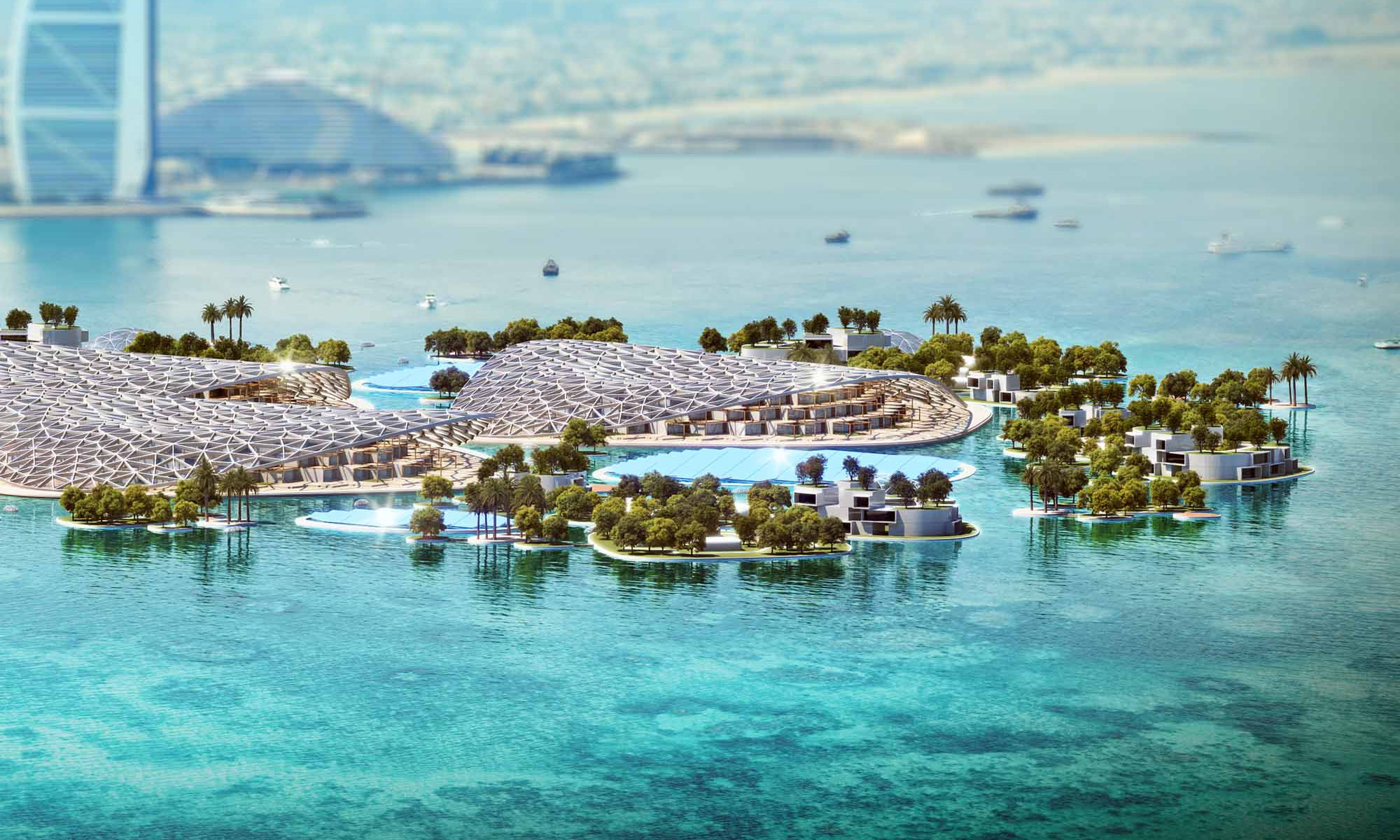News
Dubai Launches The World’s Largest Ocean Restoration Project
The Dubai Reefs program will serve as a blueprint for sustainable ocean living while helping to blunt the impact of climate change.

Dubai has announced a bold new initiative known as “Dubai Reefs” that will help to tackle environmental degradation with the construction of a massive 200 square kilometers of artificial reefs.
The program will generate up to 30,000 new jobs during its development and will eventually become home to 1 billion corals and around 100 million mangrove trees.
The artificial reefs will also host a sustainable floating marine research unit. The institute will closely monitor Dubai’s marine and coastal ecosystems, boosting the country’s green credentials and helping to drive eco-tourism.

Speaking of the tourist economy, once established, the artificial reefs will house floating eco-lodges, as well as residential, retail, and hospitality units running on solar and hydro (wave-powered) energy. Meanwhile, Regenerative Ocean Farming — an environmentally-friendly food production technique — will also form a cornerstone of the project.
The CEO of the architectural studio URB, who is responsible for the design of the project, said, “The health of our cities is intrinsically tied to the health of our oceans [which will be] entirely different by the end of the century if we don’t take action today. […] As an innovative coastal city, Dubai is best positioned to lead such a transformation. Beyond creating a unique resilient destination for eco-tourism and marine research, Dubai Reefs aims to become a blueprint for ocean living while mitigating the impacts of climate change”.
Also Read: Sultan Al Neyadi Becomes The First Ever Arab To Spacewalk
The ultimate goal of the Dubai Reefs project goes beyond transforming the city into an eco-destination. Urban planners need to explore the possibilities of a floating metropolis where the ocean and city thrive in balance, given that sea levels are predicted to rise dramatically over the next century.
